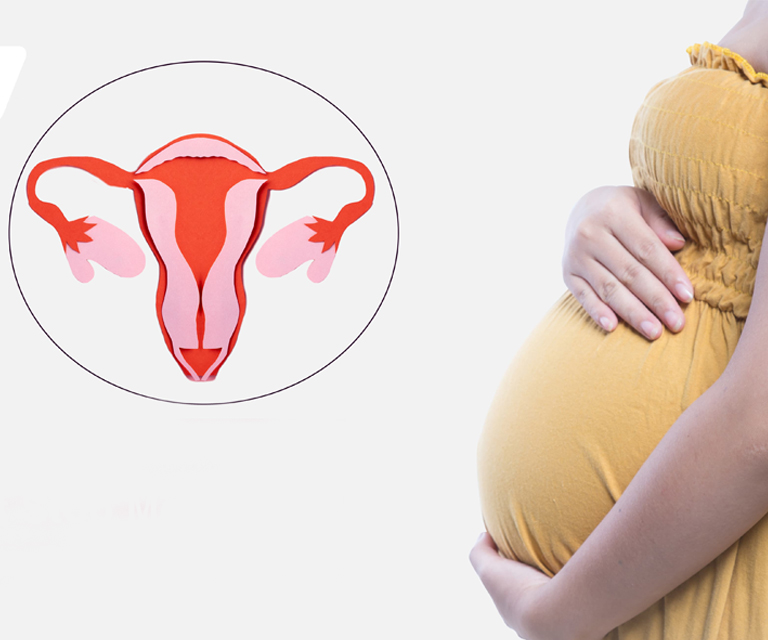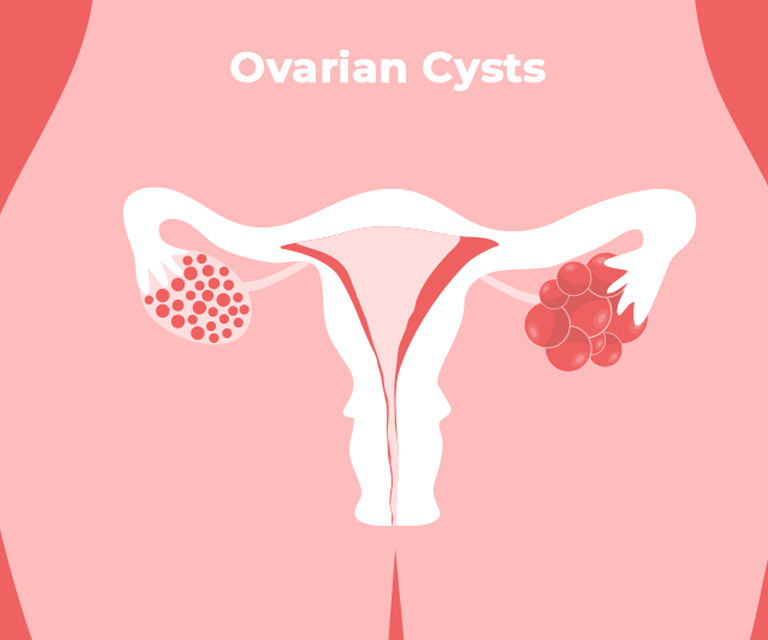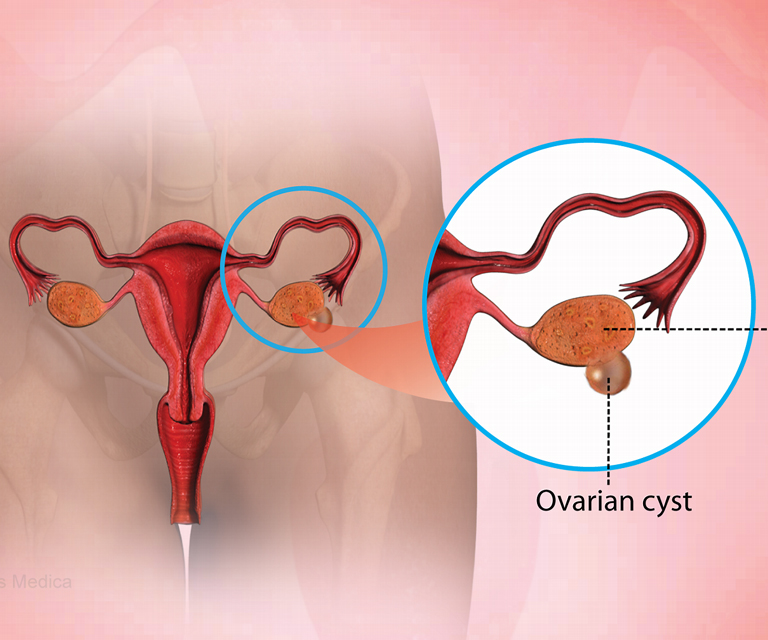Around 7% of women experience an ovarian cyst at some point, so if you have questions about ovarian cysts and infertility, you’re not alone.
Some ovarian cysts may be associated with decreased fertility because they can affect a woman’s hormones or ovulation cycle.
As per the American Society for Reproductive Medicine, ovulation dysfunction accounts for one in four infertility cases.
So which types of cysts are problematic and how do cysts form in the first place? Here you will find answers to these questions and learn how to manage or identify the symptoms.
What are ovarian cysts?
Ovarian cysts are fluid-filled sacs that can develop inside the ovaries. Cysts can vary in size, from as small as a pea to as large as a cantaloupe.
Also, they can occur alone or in clusters. Most ovarian cysts are benign (noncancerous). Yet, some can be malignant (cancerous) ovarian cysts.
Why do ovarian cysts form?
To understand this, you must first understand the female reproductive cycle. Typically, the follicles in a woman’s ovaries grow and release an egg cell about 12-14 days before the next cycle.
The egg comes from a small, fluid-filled sac inside the ovary called an ovarian follicle. The follicle fluid protects the egg as it grows and eventually, it breaks open to release the egg into the fallopian tube.
Cysts can form when the follicle doesn’t burst and the sac continues growing inside the ovary. They can also form after the egg is released if the sac doesn’t go away on its own. It keeps swelling and the fluid collects. This can lead to ovarian cysts.
Hormonal imbalances and certain conditions can also encourage cysts to form. Fertility drugs can also cause multiple follicles (cysts) to develop in the ovaries.
Types of ovarian cysts
Some ovarian cysts are more common than others. Here’s a look at the different types and what causes ovarian cysts.
Functional cysts
Cysts that form each month as and when the follicle grows are called functional ovarian cysts. These are common and are a normal part of the menstrual cycle. Usually, they are harmless and do not affect fertility.
There are two types of functional cysts: follicular and corpus luteum cysts.
Follicular cysts
These are the most common type of ovarian cysts. When the ovarian follicle fails to release its egg, it may continue to swell into a large follicular cyst. Most follicular ovarian cysts grow to be 2–5 cm in diameter or larger, then go away on their own. In rare cases, they get bigger and can require surgery.
Corpus luteum cysts
After ovulation, the empty sac forms what is called the corpus luteum. This corpus luteum makes hormones to prepare the body for pregnancy. Normally, if the egg is not fertilized, it breaks down. But sometimes, it doesn’t dissolve. Rather, it begins filling with fluid and forms a corpus luteum cyst.
Over time, these cysts go away on their own, usually within a few months. However, they can grow to be large and cause pelvic pain and bleeding.
Non-functional cysts
Any other kind of cysts are considered abnormal. In some cases, they can be serious and may adversely affect your fertility.
Hemorrhagic
Hemorrhagic ovarian cysts develop during ovulation when an egg is released through an ovarian follicle, and that follicle fills with blood forming a cyst.
Doctors don’t know why this happens and most often, hemorrhagic cysts do not cause symptoms. In fact, women may not even know they have them. Hemorrhagic cysts usually go away on their own.
Endometriomas
These are cysts that form in endometriosis, a condition where uterine tissue called endometrium starts growing outside the uterus. It is usually associated with low progesterone levels. These types of ovarian cysts may be linked with fertility issues.
Ovarian cysts caused by polycystic ovary syndrome
Polycystic ovary syndrome (PCOS)
Polycystic ovary syndrome (PCOS) is a medical condition in which small cysts develop on your ovaries. It can cause irregular periods. PCOS can make it difficult to get pregnant because it interferes with how your eggs are released from your ovaries. PCOS is associated with an excess of male hormones, like testosterone, called androgens.
Can ovarian cysts cause infertility?
Some types of ovarian cysts are associated with hormonal imbalances that affect your ability to get pregnant. For instance, endometriomas can affect fertility. Also PCOS hampers your ability to get pregnant.
Moreover, the size, number, and location of the cysts can cause complications. In serious cases, ovarian cysts may rupture. Internal bleeding from a ruptured cyst could lead to scarring and ovary damage. It may interfere with ovulation or implantation.
Ovarian cysts can also block the fallopian tubes which makes it difficult for sperm to reach the egg. In some cases, cysts produce hormones that can interfere with ovulation.



© 2022 Jannee Fertility Centre. All Rights Reserved.
Designed by AMS Informatics